COVID caused an unprecedented collapse in oil demand and the profits of oil & gas majors. Now Shell, one of the biggest, has called peak oil on its own operations, confirming its total carbon emissions peaked in 2018 at 1.7 gigatonnes, while its oil production peaked the following year in 2019, as it outlined its most comprehensive plan to date to become a net zero energy company by 2050.

So what?
Despite announcing a 2050 Net Zero goal last year the company has faced relentless pressure from investors, regulators and wider society to set out a credible pathway towards that goal that is in line with science. It has now announced it will present and regulatory report to its shareholders on an Energy Transition Plan that will set out in more concrete terms its pathway to meeting this goal and, for the first time, take steps to align its targets with climate science. The announcements are latest sign that oil and gas companies are increasingly competing with each other and recognising the need to demonstrate the social licence to operate in a decarbonising economy. However, it should be noted that the amount they are investing in renewables and energy solutions in near term of $2-3bn dwarfs the $15-16bn it will invest in fossil fuels.
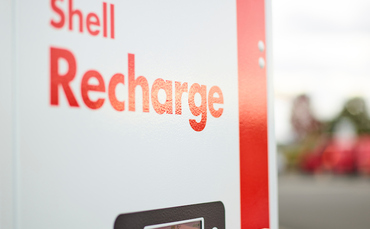
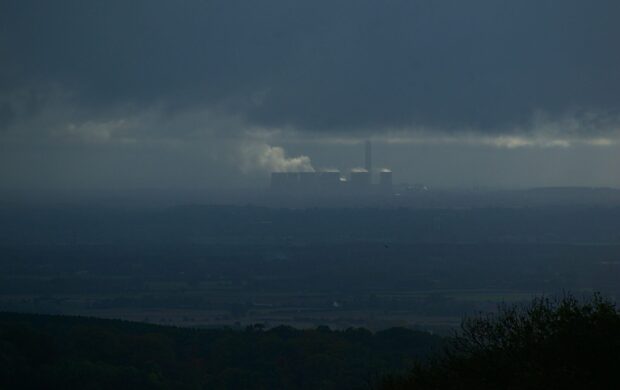


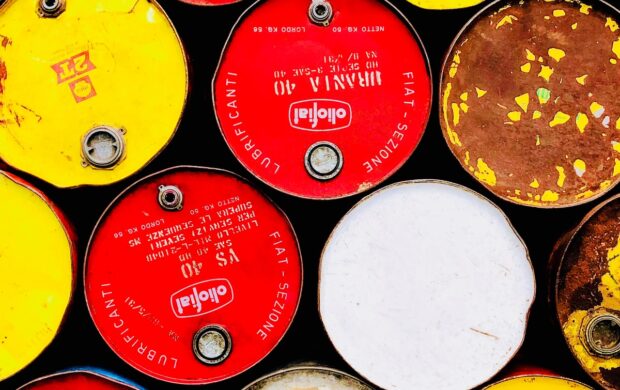







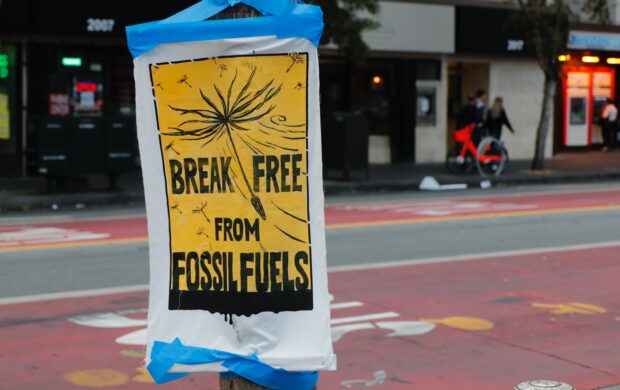
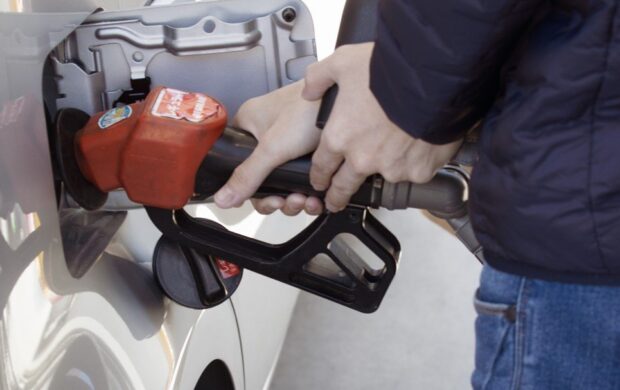

Join discussion